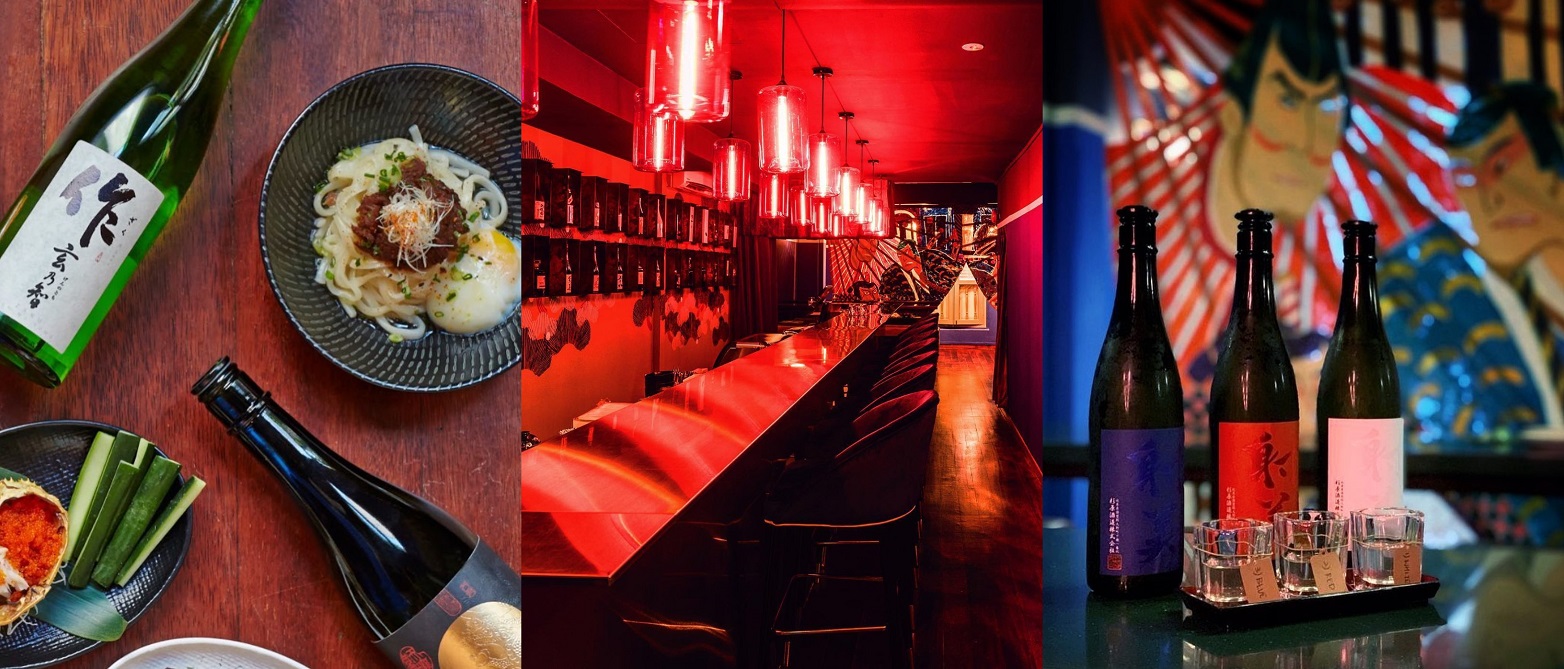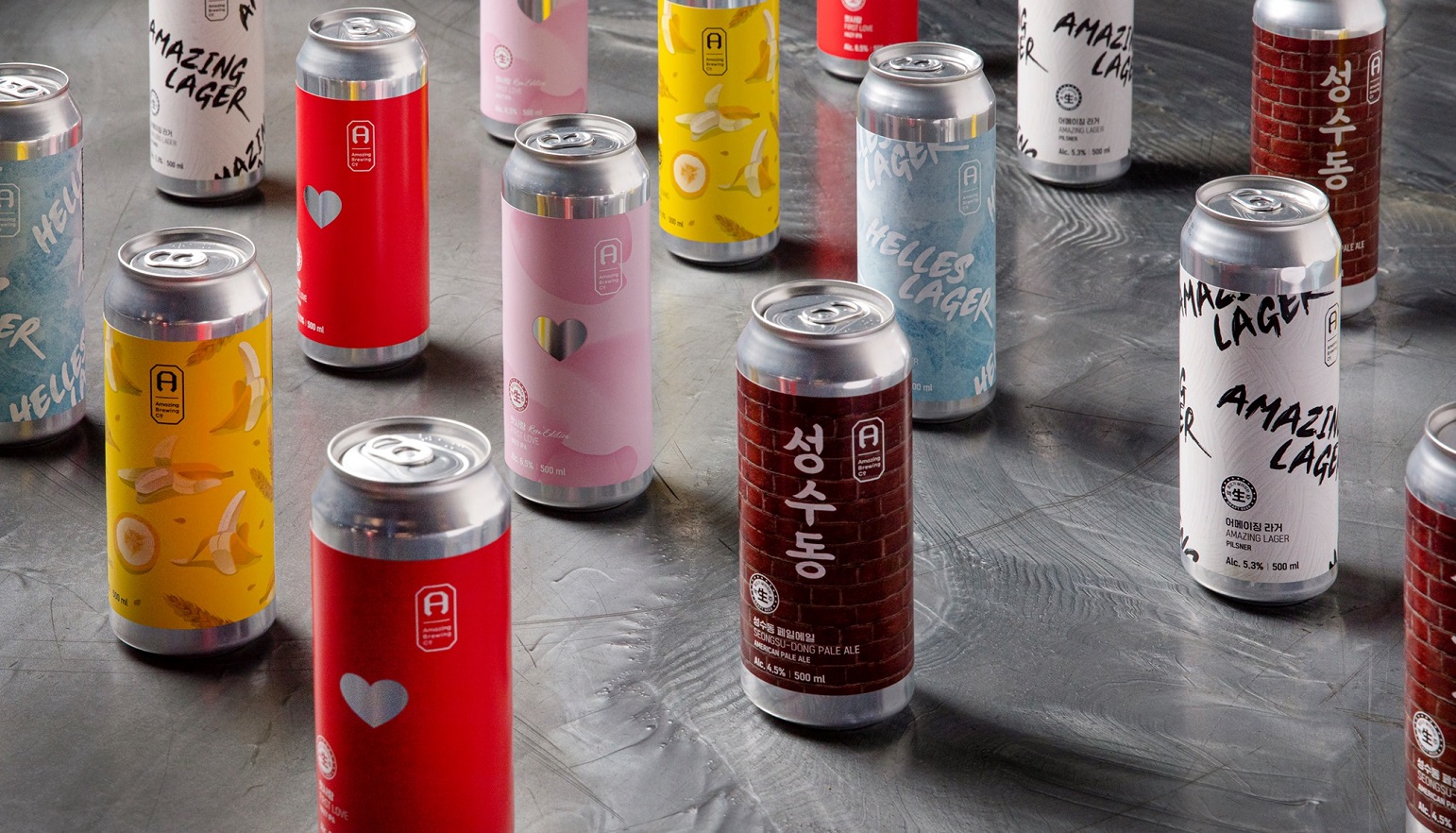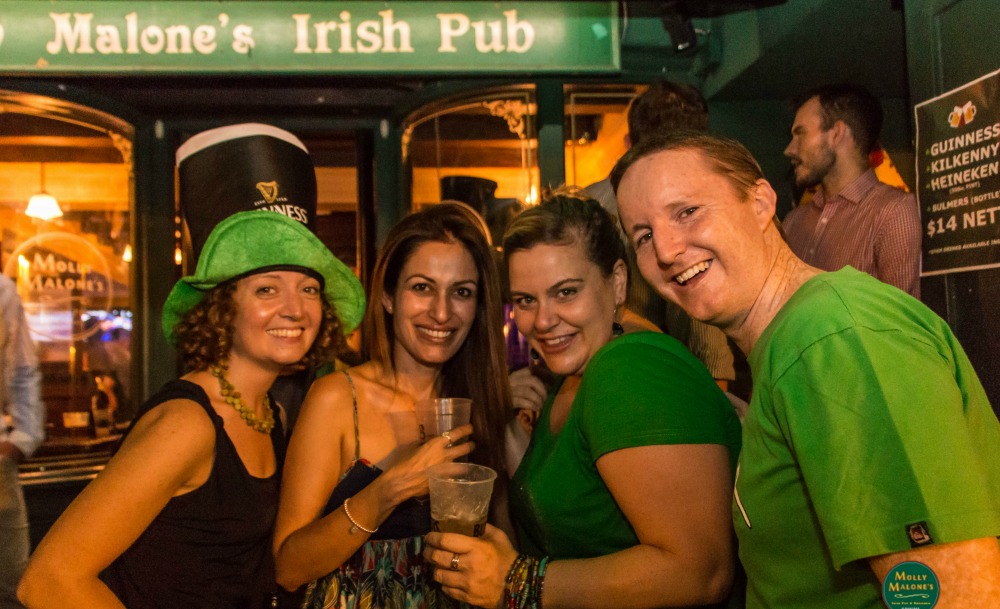Although we’re already starting to see cool bars like The Spiffy Dapper and Ah Sam Cold Drink Stall springing up around Boat Quay—and places like The Mad Men Attic Bar and Bitters & Love upping nearby North Canal Road’s hip quotient—this part of the river still hasn’t quite shaken off its reputation for touristy seafood restaurants, trashy bars and dodgy KTVs.
All that looks set to change on November 1, which is when a big chunk of Circular Road—from Lorong Telok to Molly Malone’s on North Canal Road—will be closed off to traffic from 6pm to 1am every Friday and Saturday for a three-month trial period. If you checked out Boat Quay’s St. Patrick’s Day festival earlier this year, you’ll know this is the same stretch that was closed off for the parade and street party. All that festive bar-hopping was a success, resulting in some establishments enjoying up to two-thirds more business than usual.
And it’s this success that Singapore River One (SRO) executive director Tyrone Tabing hopes to see more of. On their plans to close off the road, he explains, “The street has the right scale and location. It complements the front side of Boat Quay, making the area feel more like a destination; additionally, it’s right next to the CBD, and it’s not a major arterial street. It makes perfect sense.”
Changes Afoot
Judging by what we heard at a recent meeting for SRO stakeholders about the plans, most venues in the area are, as you might expect, in favor. “It’s a great project to revitalize Circular Road into a destination for locals and tourists,” says nightspot manager Kuan Siang. Some, though, are skeptical about whether people’s behavior will change.
“There may be some initial effect on Boat Quay following the closure—patrons seeking new experiences may try out Circular Road, but barring any extraordinary promotional activity there, we believe that most people will still gravitate closer to the river,” says Sanjay Sabnani, marketing and sales director of Harry’s.
Others have more specific concerns. “This will affect businesses which have clientele who drive,” says chef Patrick Tan, who owns Tamashii Robataya. “My clients normally come to my restaurant to entertain—and if they can’t drive, they won’t think of coming to my place.” And Geffrey Teo, manager of Cuisine Master Hotpot, points out that some F&B venues might be hit by a road block when it comes to deliveries.
Tabing assures us that the team is well aware of these concerns and will remain flexible. But, he adds, “the reality is that in other cities [where similar efforts have taken place] many former detractors actually end up becoming the strongest proponents.”
Step by Step
Still others think that all this road closure business is only part of the puzzle. “It doesn’t really matter until the types of establishments here change. Hopefully closing the road will lead to new outlets,” says The Spiffy Dapper barkeep Abhishek Cherian George, while Kuan Siang gets straight to the point: “The sleaze issue must first be solved.”
SRO agree. Pedestrianization is but one of several steps in a grander scheme to reposition Circular Road, and the organization are already in talks with the team behind slick CBD watering holes The Vault and Kyō for a large scale retenancy program that will see many of the unsavory bars replaced by classier operators by March next year. Ultimately, they’re looking at turning this into an attractive after-work hangout that entices a more sophisticated crowd, including more Singaporeans in the mix.
No Cars Go
It’s an initiative that’s already met with considerable success elsewhere in town. The scheme is endorsed by the Urban Redevelopment Authority (URA), who were behind similar pedestrianization programs on Club Street and Haji Lane earlier this year. Over at Club Street (closed on Fri-Sat 7pm-1am until Oct 26), the dining and nightlife establishments we polled report a solid increase in business, with patrons visibly enjoying the street party vibe, alfresco options and improved safety. At Haji Lane, retailers and F&B spots liked it so much they’ve taken over managing the road closure (Fri 6pm-midnight; Sat-Sun noon-midnight) after the URA’s trial ended. “Making our city pedestrian-friendly with public spaces for activities, recreation, and respite is a key part of our plans to make Singapore liveable,” says a URA spokesperson. “We are happy that our experimentation with the road closures has encouraged more local communities to step forward.”
Whether or not Circular Road enjoys that kind of commercial success, it’s important for a jam-packed city like Singapore to be creative about how we make use of space—and here at I-S we’re right behind anything that gives pedestrians priority over private vehicles. “Should streets really just be for cars?” asks Tabing. “We’re trying to rethink how they can benefit people in a different way.”





